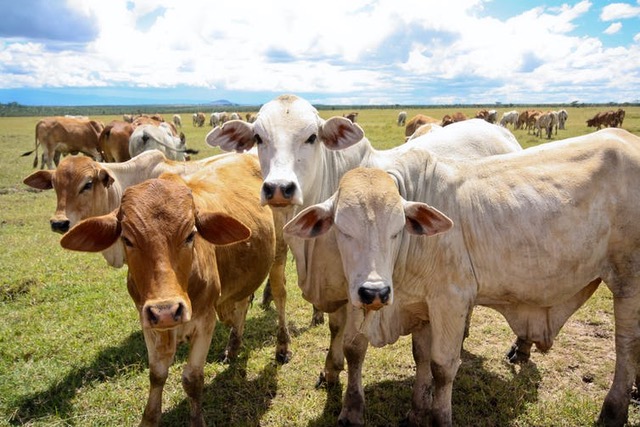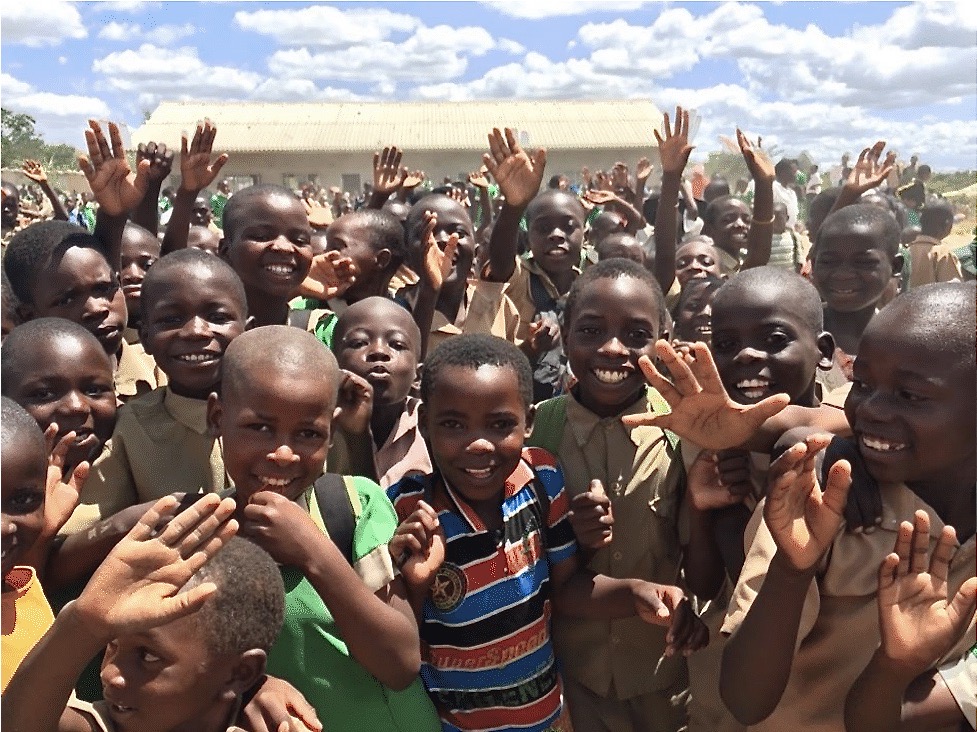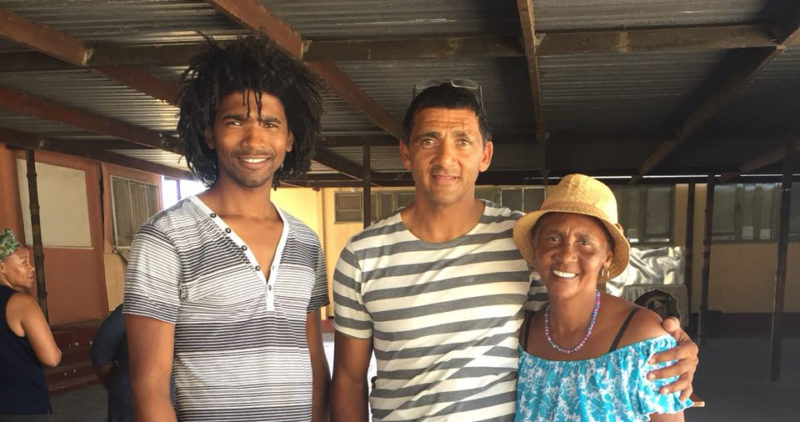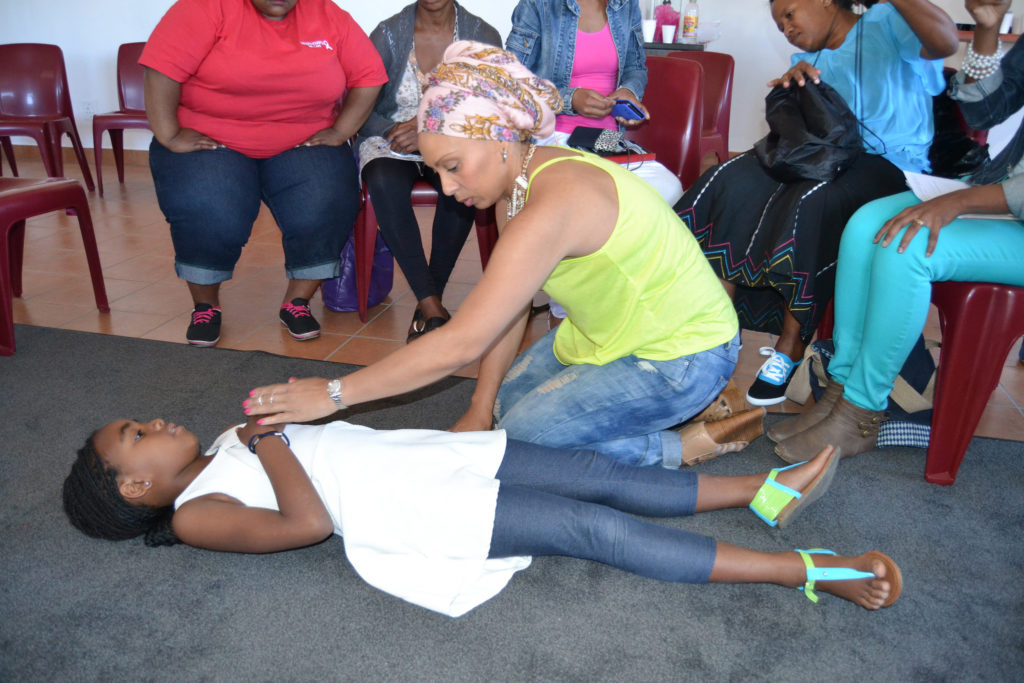Cows for Kids is a new project launched in 2022. It is designed as a sustainable, renewable source of funding for the Maulana School For Orphans in Epworth, Zimbabwe. The goal is to manage 50+ free ranging cows at a ranch near the school. Annual birthing of offspring will eventually allow for the sale of cows, providing funds to support the orphanage and sustain the project.

Additionally, an educational component of Cows for Kids will be created as an internship at the cattle ranch for select students at the Maulana School for Orphans. This will provide an opportunity to learn the profession of farming and ranching, which is a crucial and thriving business in Zimbabwe with many avenues for further employment.
Cows for Kids is partnering with an existing ranch with infrastructure already in place and land vast enough to accommodate growth beyond their target. A breed of cattle called Boran has been selected as the best investment, as it is bigger, stronger and more disease-resistant than other breeds.

Cows for Kids is linked to Sahwira Fund, a charity organization created and managed entirely by volunteers. Sahwira Fund has been working with community leaders on-site in Zimbabwe since 2007, slowly and methodically developing a fully-functioning, fully permitted school serving nearly 1000 students. The growth target for the school is to complete 14 school blocks (28 classrooms), with the goal of reaching 1400 students from the adjacent community. Currently the 9th and 10th classrooms on site are being built. The Cows for Kids program is designed to help facilitate this growth target, as well as to provide continued sustainability going forward.
Subud California member Rohana LoSchiavo initiated the Cows for Kids project. Rohana has been closely connected with the Sahwira Fund for many years, she serves on the Sahwira Fund Board of Directors and is head of Sustainable Projects. Click here to learn more about Sahwira Fund.



